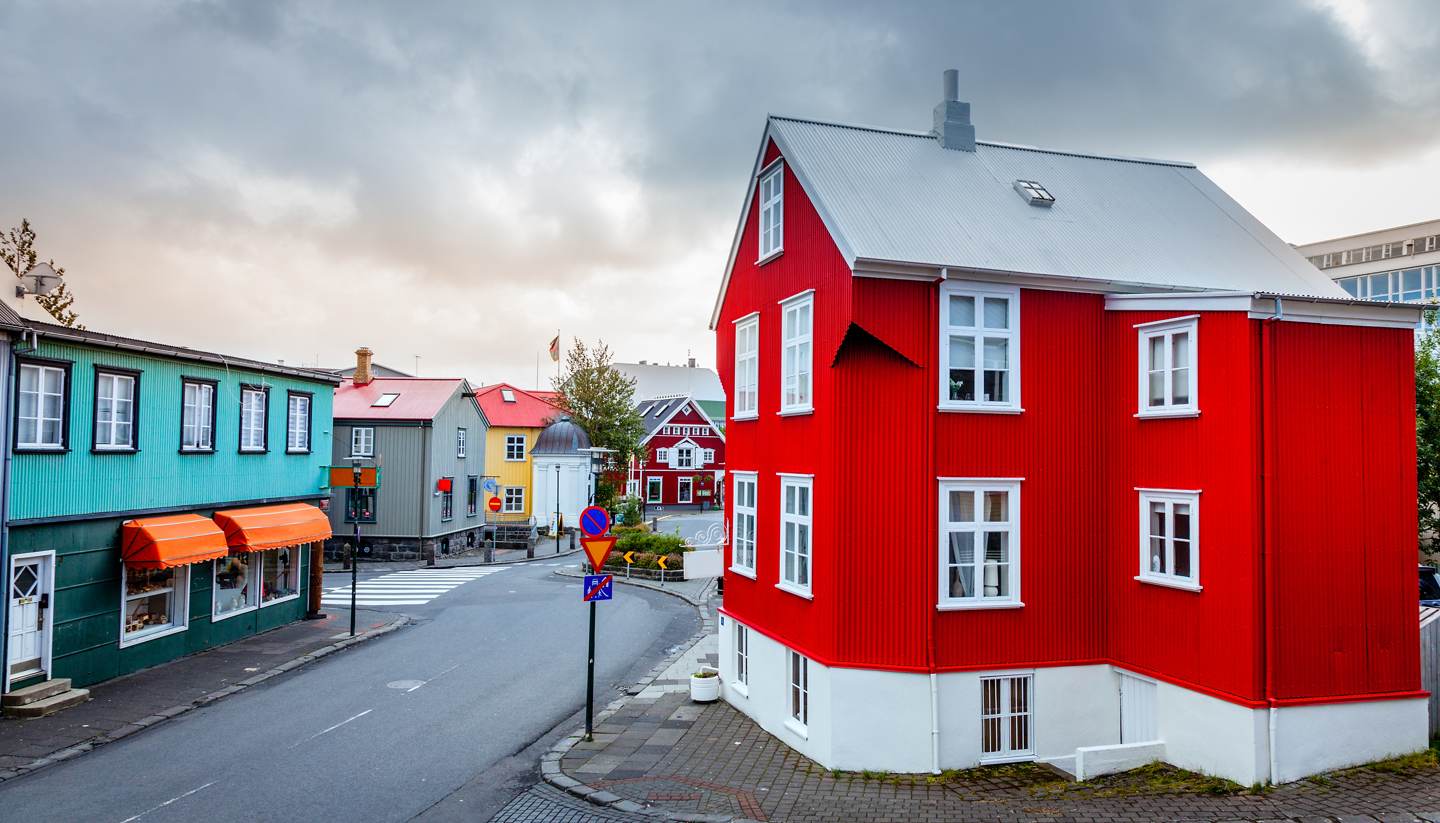Money and duty free for Iceland
Currency and Money
Currency information
Icelandic króna, plural krónur, (ISK; symbol kr) = 100 aurar. Notes are in denominations of króna 10,000, 5,000, 2,000, 1,000, 500. Coins are in denominations of króna 100, 50, 10, 5 and 1.
All notes are watermarked with a portrait of Jón Sigurðsson (1811-1879, statesman), while all coins feature Iceland's marine species.
Credit cards
Almost everyone uses debit or credit cards to pay, even for small purchases. MasterCard and Visa are widely accepted.
ATM
ATMs (known as Hraðbanki in Icelandic) are available throughout the country.
Travellers cheques
Travellers' cheques are no longer popular and should be avoided.
Banking hours
Mon-Fri 0915-1600.
Currency restrictions
Travellers can import and export local currencies up to ISK 8,000 and unlimited foreign currencies. Travellers can export foreign currencies up to the amount imported.
Currency exchange
Foreign currencies can be exchanged in all major banks in Iceland. Most hotels also provide their guests with exchange services, which may cost more.
Iceland duty free
Overview
The following goods may be imported into Iceland by persons over 18 years of age (tobacco products) or 20 years of age (alcoholic beverages) without incurring customs duty:
• 200 cigarettes or 250g of other tobacco products.
• 1L of spirits and 0.75L of wine and 3L of beer; or 3L of wine and 6L of beer; or 1L of spirits and 6L of beer; or 1.5L of wine and 12L of beer; or 18L of beer.
• 10kg of food not exceeding ISK 25,000. Meat and dairy products from outside the European Economic Area are not permitted.
• Icelandic residents may bring goods up to the value of ISK 88,000, unless under 12, in which case they can bring goods for half that amount.
Visitors may bring conventional medicines suitable for personal needs during their stay to cover up to a maximum of 100 days. Customs officers can request a doctor's certificate if appropriate.
Banned Imports
Prohibited imports include meat products, milk, raw eggs, snuff, various weapons, narcotics and dangerous drugs.
Restricted imports include telecommunications equipment (other than your mobile phone), angling gear and riding clothing (which require disinfection certificates), used riding gear, firearms and ammunition (which require a police permit), live animals, plants, and medicines.
Banned Exports
Protected plant and bird species.
You must obtain permission from the Icelandic Museum of Natural History to export objects of historical or archaeological value.





